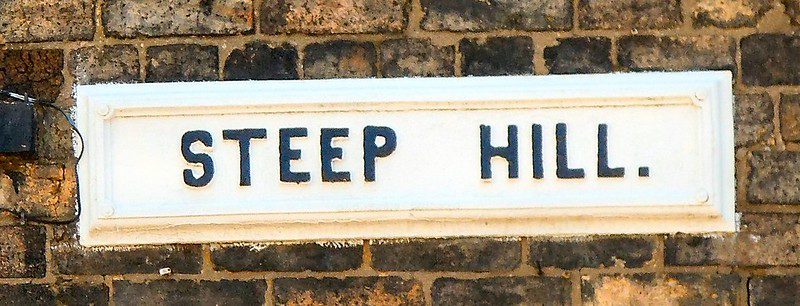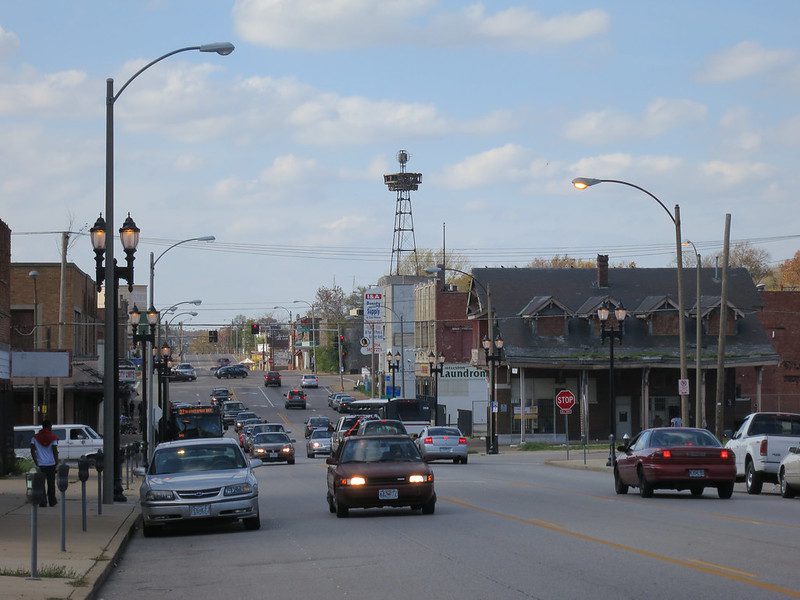The answer for Congress and the stalled action on the sequester? Michigan has some winning ideas.
Detroit, Mich., home to a very depressed local economy as well as one of the most segregated regions in our country ,wouldn’t seem like an auspicious place to try one more time to win a major progressive transit initiative, a Regional Transit Authority (RTA). After all, this campaign had been lost in Lansing many times over the last 20 years. But leaders of the organizing groups MOSES and Gamaliel of Michigan (member groups ISAAC, EZEKIEL, ACTION, JONAH), as well as their state coalition partners had many bus riders among their membership – they knew how badly reform was needed and how inadequate the current bus service was. They decided they couldn’t wait till the right moment, they had to make the campaign work now. (Kind of like fighting the sequester.)
Working for an RTA forced MOSES and Gamaliel of Michigan leaders out of their comfort zone. The team revisited some difficult coalition relationships; the leaders had to ask themselves: can we swallow our pride and make this work? Now that the campaign is over, their coalition organizing effort looks particularly impressive, especially when compared to the US Congress and its pathetic efforts to stop the sequester. Congress needs to take a field trip to Detroit to learn relationship building from grassroots leaders. They need to visit Lansing and meet some progressive Republican politicians. Michigan could show stubborn Congressional leaders what democracy really looks like.
In the summer of 2010, Cindy Reese, a longtime MOSES transit leader, built her team through a millage (transit tax) campaign in Oakland county. After some hard work and outreach to transit riders, the millage passed, firing up the team for the next fight. Reese got the rest of MOSES involved by kicking off the RTA campaign at a 500- person public meeting in the fall. They continued to build their relationship with the Amalgamated Transit Union (ATU) and other allies through the winter and connected with federal legislators to get their support for an RTA. The team continued to do public actions to attract media attention at bus stops throughout the winter and spring, keeping the flame alight.
While the city of Detroit ultimately became an ally, MOSES had to get its attention first. After getting no response to repeated requests for meetings, MOSES did a “Prayer Action” at City Hall, where the chants and songs got pretty rowdy. The message was received and monthly meetings with the city commenced.
Another important relationship for MOSES was the bond that they built with Dennis Shornack, Governor Snyder’s point person for transportation. Shornack was a sophisticated policy analyst and Republican operative, not necessarily a natural ally for the low-income members of MOSES. But from their first encounter at a meeting, MOSES leaders wanted to know Shornack and his struggles rather than begin a relationship by shoving policy suggestions down his throat. It was clear that MOSES was building a long-term relationship with Shornack, and subsequently the governor's office in general. Shornack sensed that these folks wanted to understand him and would stop at nothing to form a real relationship with him.
Fast forward to the end of the campaign: in front of key legislators, county executives, activist organizations, and a hundred or more activists and students at a University of Michigan Ford School of Public Policy, Shornack told audience members that it was MOSES who actively engaged him with the state transit coalition and showed him the power of the relationship building.
In the long run, it took two legislative sessions, countless meetings, thousands of phone calls, tens of public demonstrations before MOSES and Gamaliel of Michigan won the RTA this fall. But winning something as significant as a Regional Transit Authority that will finally bring an integrated transit system to the “Motor City,” as well as a significant increase in transit dollars from the federal government, is a special feather in the cap of a great grassroots leader like Cindy Reese. “If I had it all to do over again, knowing how much work it would be, how hard it would be to compromise and how many volunteer hours I would have to put in, would I do it? In a 'Detroit minute.' I’m waiting for God to send me the next winning campaign. We feel ready to take on the world,” says Cindy, with a smile.
Hey Congress, are you listening?
(Photo by Flickr user ario, CC BY-NC-SA.)





Comments